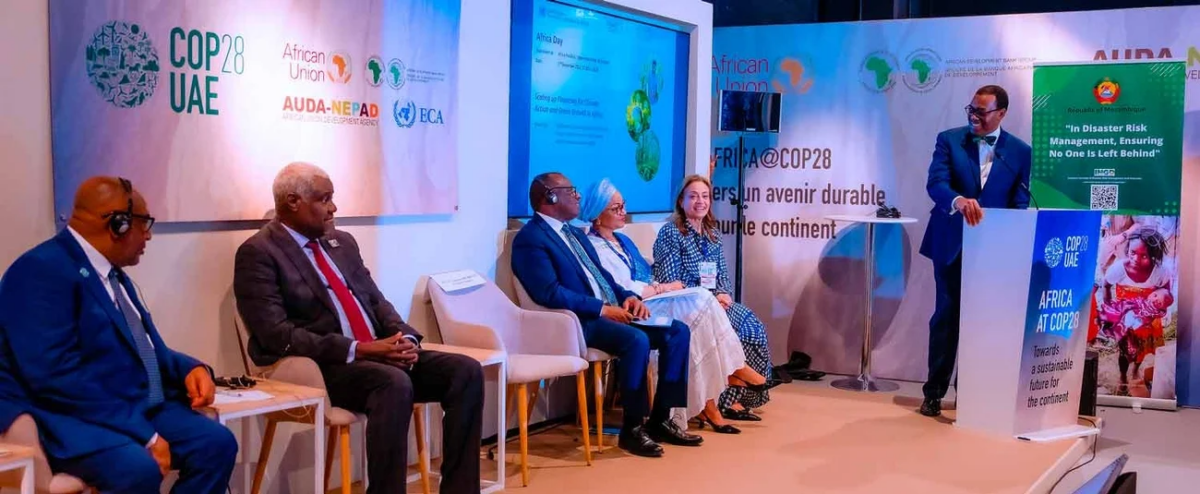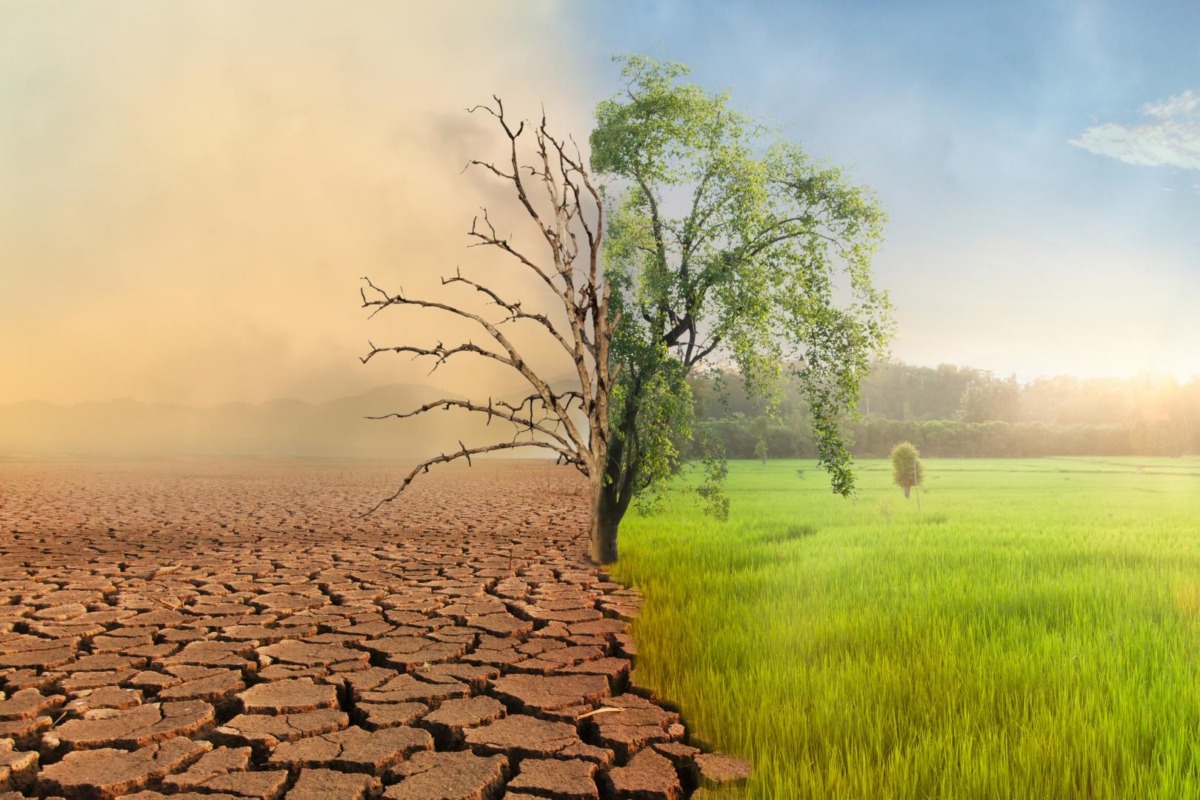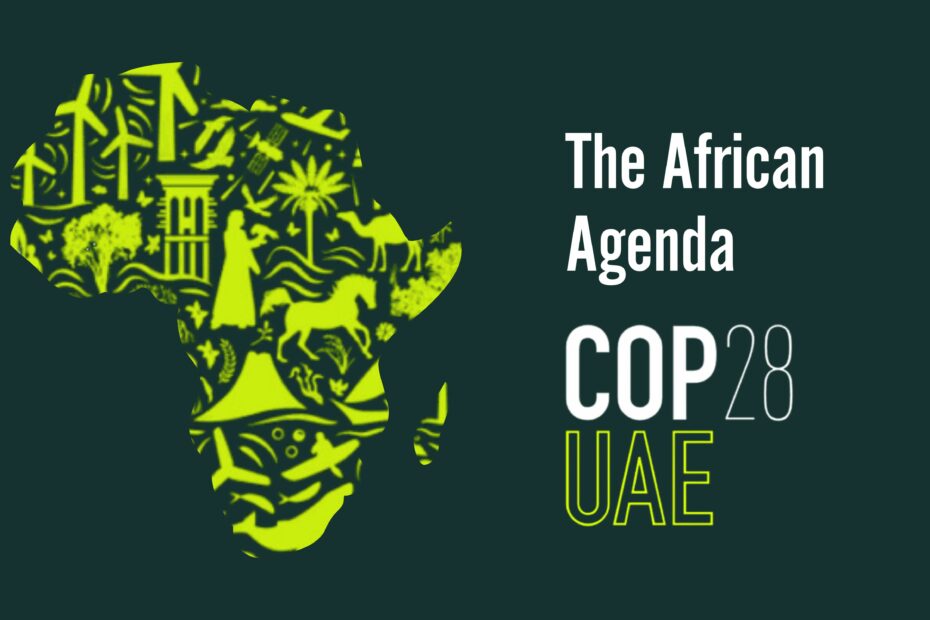The 28th Conference of Parties (COP28) marked a significant milestone in global climate action, and Africa’s role was undeniably influential. African nations united in voicing their concerns, priorities, and hopes for the future, making a formidable mark on the conference’s outcomes. In a bid to continue this momentum and build on the progress made, let’s reflect on COP28 and discuss the road ahead for Africa.
Africa’s Priorities at COP28
At the COP28 convention, African nations were very optimistic about achieving their priorities. They set their priorities to shape the climate change discourse and drive tangible action for a sustainable future. Here were Africa’s key priorities:
- Adaptation Measures: African nations emphasized the urgency of implementing effective climate adaptation measures. Their focus was on resilience-building, particularly in sectors like agriculture, which is crucial to the continent’s economy and food security.
- Financial Support: The demand for robust financial commitments from developed nations was a top priority. Africa called for a clear roadmap to the $100 billion annual climate finance commitment, along with a greater emphasis on grants rather than loans.
- Loss and Damage Fund: The establishment of a loss and damage fund was a significant request to help African countries cope with the impacts of climate change that are beyond their capacity to adapt.
- Technology Transfer: Africa advocated for the transfer of low-carbon and climate-resilient technologies from developed countries to accelerate its green transition.
- Capacity Building: Strengthening the technical and institutional capacities of African countries to respond to climate change was a common theme throughout the conference.
- Recognition of Special Circumstances: African nations called for the recognition of Africa’s special circumstances, given its negligible contribution to global emissions and disproportionate vulnerability to climate change impacts.
The African agenda at COP28 was clear: global collaboration, equitable resource distribution, and actionable commitments are essential to address the continent’s unique climate challenges. Read Also: 8 African Countries at the Forefront of Climate Awareness

Achievements and Big Wins
The outcomes of COP28 marked a significant stride in Africa’s climate action, with several notable achievements. One of the prominent victories was the recognition of Africa’s special circumstances. The conference acknowledged Africa’s negligible contribution to global emissions and its disproportionate vulnerability to climate change impacts, a move that served to emphasize the unequal burden of climate change.
Success was also seen in the sphere of financial commitments. The much-awaited roadmap to the $100 billion annual climate finance commitment was unveiled, bringing a sense of optimism and relief. Crucially, this included a shift towards more grants and fewer loans, easing the financial burden on the continent’s developing economies.
The conference also saw progress in the domain of technology transfer. There was a robust commitment from developed nations to expedite the transfer of low-carbon and climate-resilient technologies to African nations. This technology transfer is crucial for the continent’s transition to a green economy.
Lastly, the conference undertook measures to strengthen the technical and institutional capacities of African nations. This emphasis on capacity building will enable African nations to better respond to climate change and navigate the complexities of international climate policy. Read Also: How Sleep Duration Affects Your Mental and Physical Health
Loss and Damage Fund
One of the critical outcomes of COP28 was the establishment of the Loss and Damage Fund – a seminal decision that will have far-reaching implications for Africa’s climate future. According to the United Nations, this fund is a pivotal element that will aid in supporting Africa’s climate resilience strategy by providing resources to cope with climate impacts beyond their adaptive capacity.
The fund’s approval underscores the recognition of disproportionately borne climate change impacts by developing countries and signifies a move towards global climate justice. The fund is a significant step towards easing the financial burden on developing economies, particularly in Africa, where climate change consequences are disproportionately severe.
Moreover, the shift towards more grants and fewer loans is expected to facilitate the implementation of climate resilience and adaptation initiatives. The fund is set to play a crucial role in facilitating Africa’s transition to a green economy.

The Road Ahead
In the aftermath of COP28, there is both optimism and trepidation about the path forward. The establishment of the Loss and Damage Fund is a significant step forward, providing African nations with much-needed resources to manage the effects of climate change. However, the continent’s journey towards climate resilience will still require unprecedented levels of international cooperation and financial support.
Developed nations will need to fulfill their financial commitments and help accelerate the transfer of low-carbon technologies to African countries, empowering them to leapfrog to a greener, more sustainable future. Simultaneously, African countries will need to bolster their technical and institutional capacities to utilize these resources and technologies effectively. As they strive to mitigate and adapt to climate change, they will also need to create policies and frameworks that foster sustainable growth and development.
Renewed efforts to harness Africa’s abundant renewable energy resources, promote sustainable agricultural practices, and foster climate-smart urban planning will be pivotal. Furthermore, the successful implementation of these initiatives will largely depend on the active involvement of all stakeholders – from governments and civil society to the private sector and local communities.
#COP28 #ValueScientists #CaStateScientists #AvoidCollapse #Climateaction



